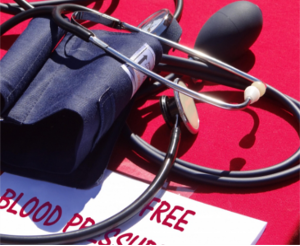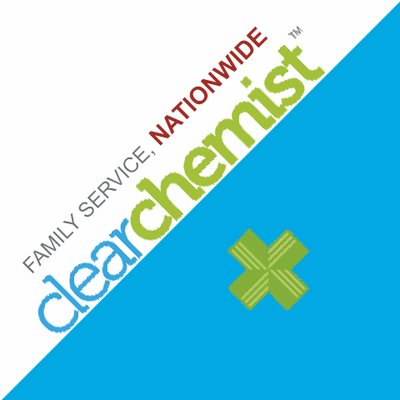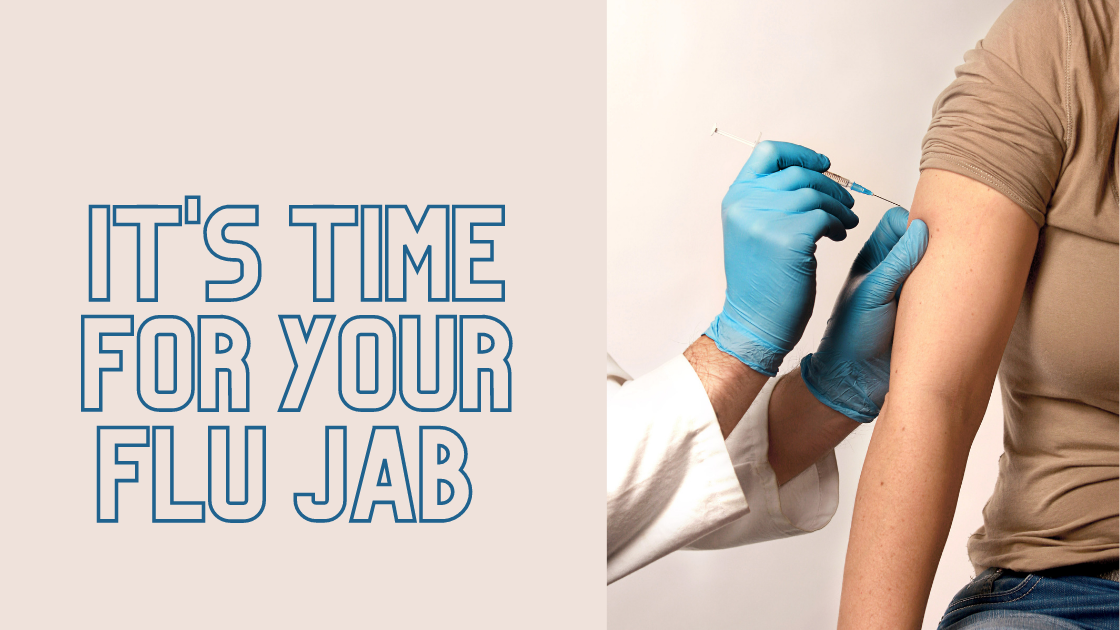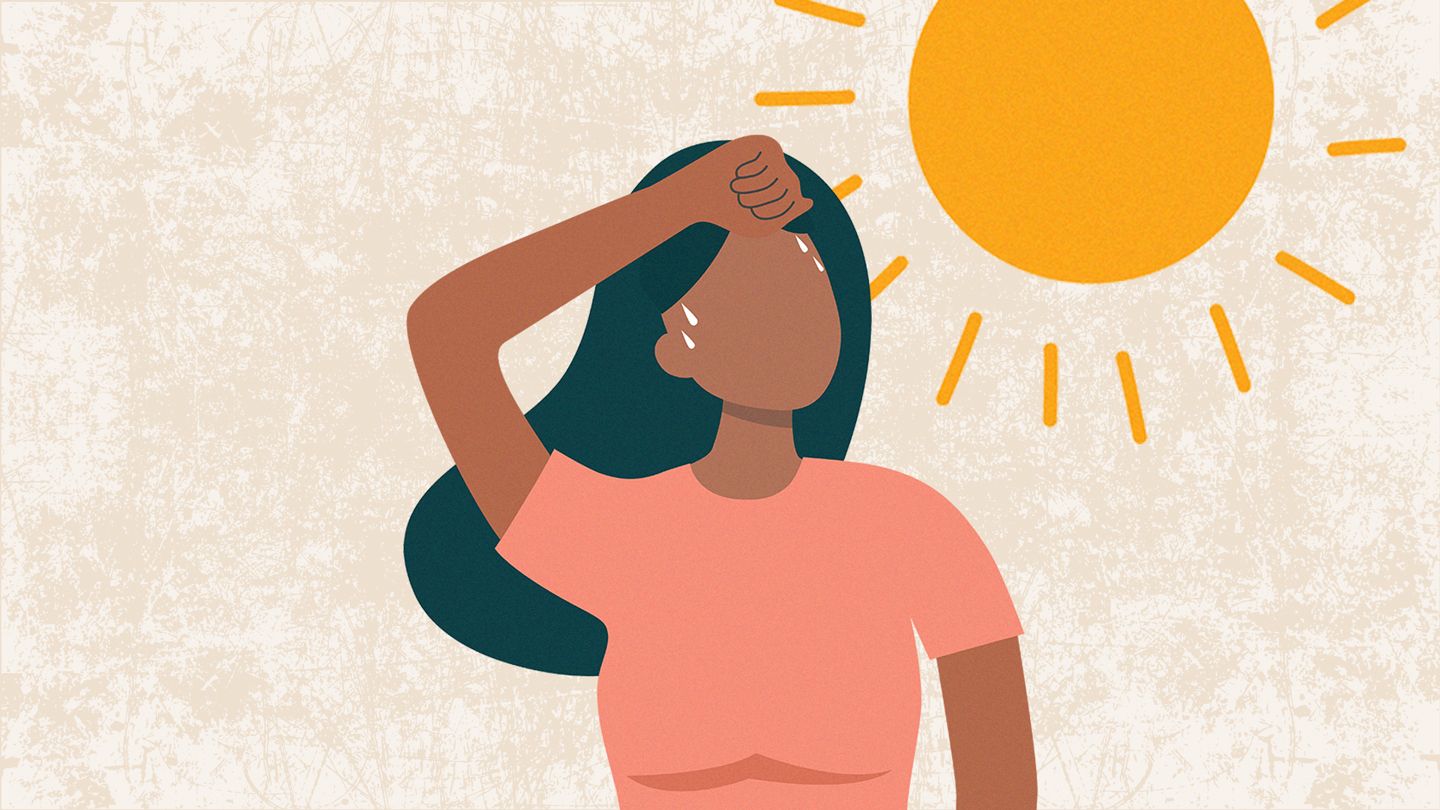In the UK, one in four adults have high blood pressure which contributes to 350 people having a preventable stroke or heart attack every day. Blood Pressure UK’s annual ‘know your numbers' week aims to raise awareness of the risks and treatments for blood pressure conditions.

To have high blood pressure means that the force that your heart uses to pump blood around your body is higher than it should be. This excess force puts extra strain on your arteries and heart and is known as high blood pressure or 'hypertension'.
Alternately to have low blood pressure means that the force the heart usings to pump blood is weaker than it should be. This results in the ineffective delivery of oxygen around the body. This is known as ‘hypotension’.
Your Numbers Explained
Your blood pressure is measured in millimetres of mercury (mmHg), and is recorded using two figures. The top number (systolic pressure) is the pressure of your blood when your heart beats. The bottom number (diastolic pressure) is the pressure of blood when your heart is resting between beats, reflecting how well your arteries resist blood flow.
A healthy blood pressure should be between 90 over 60mmHg (90/60mmHg) and 120 over 80mmHg (120/80mmHg).
Once your blood pressure is over 120/80mmHg you should consider trying to decrease it, putting you at an increased risk of a number of cardiovascular problems.
Although the emphasis of ‘know your numbers week’ focuses on high blood pressure it is important that that we’re all aware of the dangers of having low blood pressure (hypotension). If your blood pressure is below 90/60mmHg you need to seek a treatment to increase it.
How does a blood pressure condition affect you?
The only way to find out if you have a blood pressure problem is to have it measured, you can do this yourself with a do-it-yourself blood pressure monitor but we recommend you go to see a doctor, as they can recommend treatment for you if you do have a problem.
It is rare that high blood pressure presents with symptoms but when they do symptoms can include persistent headaches, blurred or double vision, nosebleeds and shortness of breath. Blood pressure conditions often go unnoticed in many of us, but if left to worsen it can cause various long term health conditions.
Getting a headache now and again is an issue that we all must deal with but if you find yourself experiencing frequent and longer lasting headaches which cause impaired vision, we encourage you to speak to a doctor. Regular nosebleeds and shortness of breath are very rare symptoms and would prompt most of us to seek medical advice, which is just as well; these symptoms are the most severe of high blood pressure symptoms.
Having high blood pressure can put you at risk of developing numerous cardiovascular problems such as strokes, heart attacks, embolisms, aneurysm and vascular dementia. These are the long term risks of high blood pressure when left untreated.
The symptoms of low blood pressure are very similar to those of anaemia but include a feeling of weakness, confusion and fatigue. Low blood pressure can occur naturally, if this is the case you are unlikely to experience symptoms but you always keep a close watch on your numbers.
It is vitally important for pregnant women to have their blood pressure checked.
Treating a blood pressure issue?
There are various different types of medication for treating blood pressure conditions, are all best discussed with a doctor. A doctor may prescribe medication if you:
a) Are at high risk of developing cardiovascular problems due to other factors such as being overweight or obese and have blood pressure that is consistently over 140/90mmHg.
b) Are at no elevated risks of cardiovascular complication but have a blood pressure consistently over 160/100mmHg.
If you are to be prescribed medication, you will be advised to make some lifestyle changes as part of your treatment. These changes can vary among patients but most commonly include advice such as stopping smoking, increasing the amount of daily exercise and adopting a healthier diet, particularly reducing the amount of salt in your diet.
The effect of salt when over consumed is devastating on the heart. You can read more about the effects of salt on your heart here.
The Dietary Approaches to Stop Hypertension (DASH) offer a brilliant technique to reduce the amount of salt in the diet which includes keeping a diet diary. Even if you keep a diet diary for one day it can give you the information you need to make appropriate changes: Increasing your exercise, fruit and vegetables and reducing your alcohol, salt and cigarettes.
Now you know what it means to have high blood pressure you should find where your nearest free blood pressure check point is and get your friends and family involved so you can #KnowYourNumbers.














